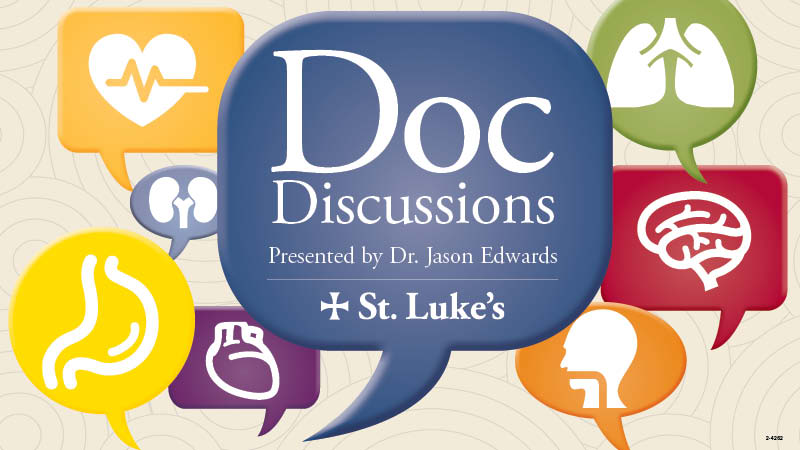Articles & Resources

Primary Care Evolution: Technology, Teams, and Transforming Healthcare
Doc Discussions with Dr. Jason Edwards
Podcast
|
Medical Innovations

Hormones and Women's Health
Doc Discussions with Dr. Jason Edwards
Podcast
|
Medical Innovations

From Lung Biopsies to COVID-19: Insights from Dr. Bobby Shah
Doc Discussions with Dr. Jason Edwards
Podcast
|
Living Healthy

5 Steps of Healthy Living
Living a healthy life doesn’t have to be hard. By making small changes every day, you can feel better, avoid diseases, and enjoy life more. Here are five easy steps to help you get started.
Article
|
Living Healthy

Debunking Myths about Weight Loss Surgery
There’s a lot of misinformation out there about bariatric surgery. Here are some facts.
Article
|
Living Healthy

Innovations in Breast Cancer Diagnosis and Management
Doc Discussions with Dr. Jason Edwards
Podcast
|
Cancer

Wheat Berry Edamame Salad - Recipe Video
Make ahead salad with black beans, edamame and wheat berry.
Video
|
Diet & Nutrition

Salmon and Melted Cherry Tomatoes - Recipe Video
"Melted" tomatoes add a little kick to salmon.
Video
|
Diet & Nutrition

One Pot Chicken Fajita Pasta - Recipe Video
All the flavors of fajitas in a one pot recipe.
Video
|
Diet & Nutrition

The 5 Most Misdiagnosed Health Conditions in Women
Women’s symptoms may be downplayed or attributed to other causes for these conditions.
Article
|
Women's Health

Dr. Ricks: Changing Lives One Surgery at a Time
Doc Discussions with Dr. Jason Edwards
Podcast
|
Living Healthy

Slide Warriors: The Secret Life of Your Lab Results
Doc Discussions with Dr. Jason Edwards
Podcast
|
Medical Innovations